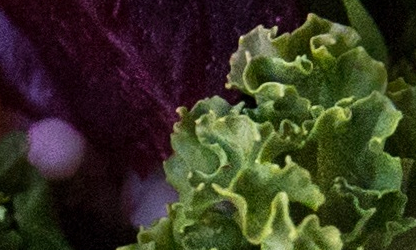

A Bacteriophage Cocktail Targeting Yersinia pestis Provides Strong Post-Exposure Protection in a Rat Pneumonic Plague Model
Microbiology Spectrum, 2024
Paul B. Kilgore, Jian Sha, Emily K. Hendrix, Blake H. Neil, William S. Lawrence, Jennifer E. Peel, Lauren Hittle, Joelle Woolston, Alexander Sulakvelidze, Jennifer A. Schwartz, Ashok K. Chopra.
Abstract
Yersinia pestis, one of the deadliest bacterial pathogens ever known, is responsible for three plague pandemics and several epidemics, with over 200 million deaths during recorded history. Due to high genomic plasticity, Y. pestis is amenable to genetic mutations as well as genetic engineering that can lead to the emergence or intentional development of pan-drug resistant strains. The dissemination of such Y. pestis strains could be catastrophic, with public health consequences far more daunting than those caused by the recent COVID-19 pandemic. Thus, there is an urgent need to develop novel, safe, and effective treatment approaches for managing Y. pestis infections. This includes infections by antigenically distinct strains for which vaccines, none FDA approved yet, may not be effective, and those that cannot be controlled by approved antibiotics. Lytic bacteriophages provide one such alternative approach. In this study, we examined post-exposure efficacy of a bacteriophage cocktail, YPP-401, to combat pneumonic plague caused by Y. pestis CO92. YPP-401 is a four-phage preparation with a 100% lytic activity against a panel of 68 genetically diverse Y. pestis strains. Using a pneumonic plague aerosol challenge model in gender-balanced Brown Norway rats, YPP-401 demonstrated ∼88% protection when delivered 18 hours post-exposure for each of two administration routes (i.e., intraperitoneal and intranasal) in a dose-dependent manner. Our studies suggest that YPP-401 could provide an innovative, safe, and effective approach for managing Y. pestis infections, including those caused by naturally occurring or intentionally developed strains that cannot be managed by vaccines in development and antibiotics.





